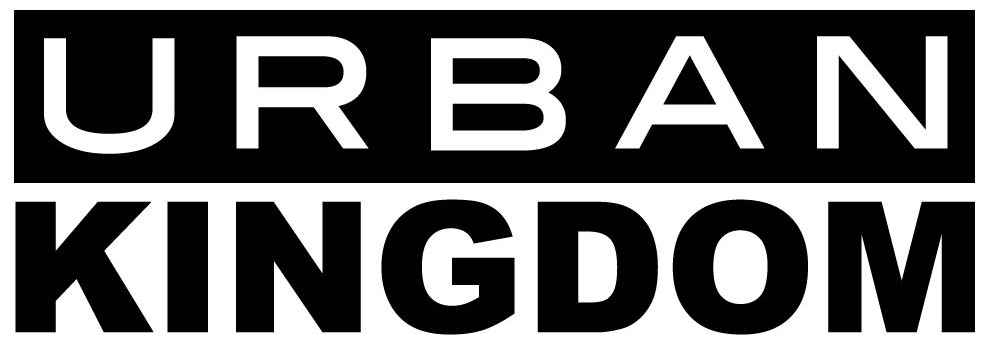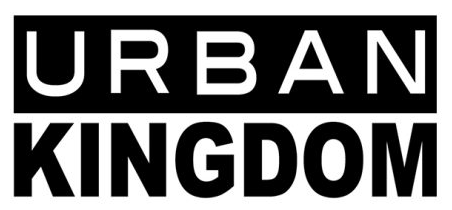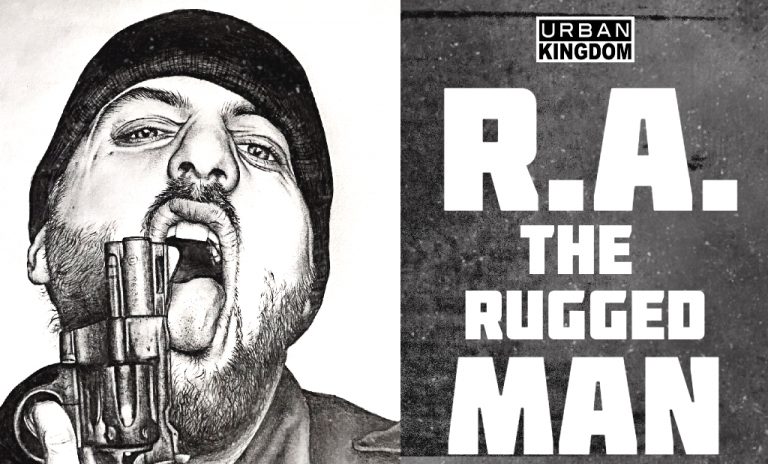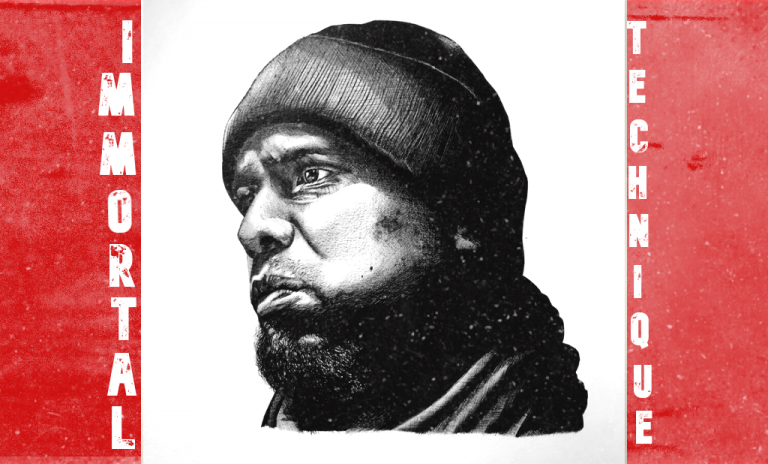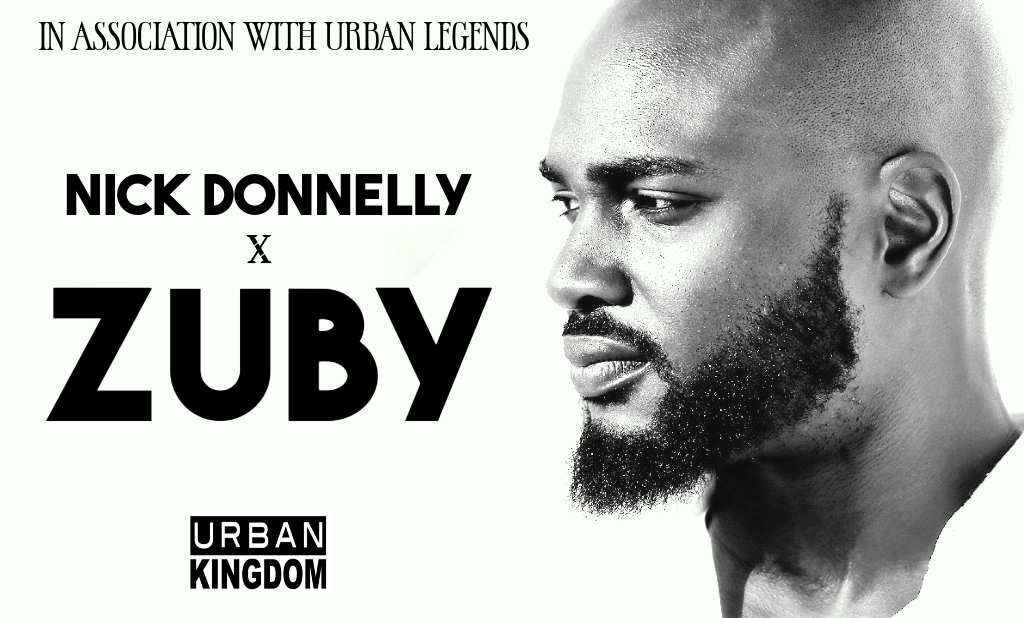
INTERVIEW BY NICK DONNELLY
” Success is a subjective term. In this era people associate success with wealth, material possessions, fame and so on. Those things can be measures of success but are you on your mission? Are you emotionally and spiritually aligned with what you are doing? If you are constantly compromising yourself you are playing a role every single day. “ Zuby, 2022
For those who don’t know me, my name is Nick Donnelly and I have been working in the music industry for 13 years now, starting making zero budget music videos on council estates and helping grow Urban Kingdom to becoming an uncensored platform for artists who have sold over 150 million records, to talk about their true journeys in music.
I remember working for a nightclub as a student in Newcastle and I would stand on Northumberland Street every single day handing out flyers for a nightclub making minimum wage and then one day a rap musician tried to sell me his mixtape and as we got talking I ended up filming a music video on a council estate in Byker Wall. The video received 10,000 plays in a week, more than the people who went to our luxury nightclub and that started my passion to give the people what they really wanted from urban artists.
At the otherside of the country was Zuby, he was selling his music on the streets of Oxford while going to university there and he would eventually build his career to over a million followers online. In the years that followed me in the music industry, nobody ever said Zuby’s name to me once and 2022 was the first time we ever spoke. I never once saw the industry care to try to sign any musician selling music on the street and talking to the general public, instead I saw them manufacture artist after artist to become what they thought Hip-Hop should be.
Hip-Hop started in the community and it will always be the voice of the streets. I enjoyed talking to Zuby in this following interview with him as we spoke about authenticity in the music industry and Hip-Hop.
This interview is in association with my new book ‘Urban Legends’ which you can buy now here. The book is 10 short dark fantasy stories about the consequences of musicians selling their soul for fame. This interview with Zuby is inspired by my story ‘Parental Advisory’ which is about censorship. Hope you enjoy the following interview and my new book as well as Zuby’s latest releases which you can learn about here.
ZUBY:
Hip-Hop is all about freedom of speech and representing yourself. Being true to yourself and being authentic, it’s veered away from that over the decades, but ultimately that’s what Hip-Hop and art itself is about, you should be who you are, say what you want to say. I think it’s dope that we are getting a good balance of what people are saying now, and that so many are doing it independently and finding success with it.
NICK:
And I would say that Hip-Hop is supposed to be the voice of the people, and arguably the sort of numbers that musicians talking about free speech are putting up, seems to be what the people want to hear. Has there been a change in the mainstream music interest in the work you are doing?
ZUBY:
I don’t know. I also don’t care. I have been in the music world for 15 years and independent from day one and I’ve never greatly concerned myself with the mainstream entertainment world. I will listen to mainstream artists on a music front, there is some good and bad music from major labels and that’s always been the case, but in terms of what I do, I’ve always cared about my audience, everyone else doesn’t really matter. Far too many artists, of all genres, have and still do far too much time obsessing over what the so called industry thinks about them, trying to chase after executives or even audiences who are not particularly open to their style and form of music. They forget about audience development, they are so busy chasing other people they deem are more important. It doesn’t matter whether you are signed, unsigned, independent, major, your lifeblood is your audience, the people who actually buy your music, buy your merchandise, come to your gigs… If you are a creator of any kind that should always remain your focus, anytime your focus goes out of that, you want to focus on your haters or your critics, or the people ignoring you or the people up in suits at the major labels, then you are getting off your game and wasting a lot of time, that’s also when people start to compromise who they are and they compromise their integrity up until a point where they don’t even recognise themselves anymore because they spent all of these years trying to be something they are not and conform to certain things. Some people have gotten success like that, but only on a surface level way; if you are compromising yourself to appeal to people then that creates resentment even with your own audience and resentment in yourself and can lead to a lot of unhappiness. If you are not happy then I’m not sure you can be successful.
NICK:
And we seem to have tricked ourselves into what happiness is?
ZUBY:
Absolutely. Success is a subjective term. In this era people associate success with wealth, material possessions, fame and so on. Those things can be measures of success but are you on your mission? Are you emotionally and spiritually aligned with what you are doing? If you are constantly compromising yourself you are playing a role every single day. One thing I love about what I have been able to build and create over the years is that I’ve been able to make a good and sustainable living and strong following by being myself. I don’t need to wake up every morning and put on a mask and pretend to believe things I don’t believe or take positions that I don’t really believe in. There are people who do that every single day. They are living a fake life, they know it, and I think other people can see that as well.
NICK:
That’s a really interesting point. A lot of rappers, I’m sure some of your idols, my idols, a lot of rappers were strictly characters. Biggie was a character, 2pac was a character. Even with each album… Even people like Prince… Are you open to change as an artist? You must be a different person with the change in your environments?
ZUBY:
Human beings are supposed to evolve. If I was the same man at 35 as I was at 18 then I’m doing something in life wrong, but that’s a natural process as you get older and wise but I’m not a fan of the idea that okay I’m gonna put on this character and in 2023 I’m going to be this whole different character with a different belief system. Artistically artists can reinvent themselves in different ways: they could try a different style of production but I think this is where Hip-Hop is quite complicated because there is this funny line between reality and entertainment. This isn’t totally unique for Hip-Hop but in Hip-Hop there is this expectation that rappers are who they say they are and I think that’s the greatest appeal of the genre because it has this authentic feel more so than pop music where people know that the person singing the song is who wrote it. With Hip-Hop there is an implicit understanding that things can be exaggerated and even fabricated in certain cases, there are musicians who as you said have played certain characters for their art and that whole point is a long and interesting conversation. It’s interesting you mentioned Biggie and 2pac because they were both murdered in their twenties, there was a crossover between reality and entertainment. When 2pac was shot and survived, he rapped about that. They are the most famous examples but there have been many, every year unfortunately. Where do the lines go, we even see the same thing in the UK in the drill music scene. We have artists who have had criminal cases and judges and juries have used their own lyrics to indict them on certain charges. It’s an uncomfortable conversation for a lot of people but Hip-Hop is a more mature genre and culture than it was a few decades ago and now that’s where it is, I am interested in people having that conversation on both sides of the pond on ‘okay, to what degree should the art reflect reality’. Are we going to go with it’s just entertainment and we accept it the way they are actors in a film? We accept that it’s fantasy when we watch this movie, in rap music, where are those lines?
NICK:
I personally think, when we talk about blurring realities now, one of the biggest issues in modern music industry is that because it’s so closely tied to social media through streaming and digital platforms, one of the things about the old artists is they could hide in albums and create themes the same way films are, whereas if it’s just like okay we are just releasing something for the internet or we are putting a freestyle out, maybe over-consumption is where characters become conflated.
To move on, what were your first audiences like when you were performing back in Oxford?
ZUBY:
It was primarily student based audiences, people at my university of Oxford and also the other university there, Oxford Brookes, that was my main audience. Locals as well, local Hip-Hop fans. I initially built my name largely within my university and then I extended it outwards towards other people in the city and then started to perform gigs and sell my CDs in different towns and cities which was my bread and butter for several years. I sold over 25,000 albums. I would say about 20,000 on the street and then maybe another 10,000 or so once I started doing pop-up shops in 2014 in different shopping centres. I was all over the UK from Glasgow to Isle of Wight, Norwich to Swansea, Cardiff. Out there talking to people on the streets. In 2019 the hustle grew to another level and it’s been a long time since I’ve gone out there on the street but I’m glad I went through that grind.
NICK:
The people you were originally talking to, what subject matters attracted them to wanting to buy your music?
ZUBY:
That’s a good question man. One of the main goals of my music has been to inspire people. As we both know, in the world of entertainment in general, and particularly Hip-Hop, there is a lot of negative messaging, there is a lot of talk of violence and gang culture, drug culture, treating women in a certain way. All of that. That’s what people rightly or wrongly associate with rap music because that’s what is pushed towards the forefront. If you go to a nightclub or listen to Hip-Hop on the radio you are going to hear these themes over and over again in various rhyming patterns. I think my music stood out to people because I rejected all of that and even actively pushed back against some of it. That’s not my lifestyle, it’s not how I grew up. I am very open about my background and where I grew up and the fact that I did go to Oxford University.
NICK:
Isn’t it funny that something like that, you are told in Hip-Hop not to be proud of, but everyone else wants to be proud of that?
ZUBY:
It’s an inversion. I don’t think it’s limited to music recently. People are expressing pride in things they shouldn’t necessarily be proud of, and people are feeling ashamed of things that actually they should have confidence in. A lot of people say to me ‘oh it’s not gritty enough for me’ but then I get messages from people who say like they are happy they can play my music in the car when their children are in, or their mum can walk in the room while they are listening to it and they don’t need to jump up and turn it off. That’s not explicitly why I don’t use profanity in my music or why I avoid certain themes, it’s just I do my best to be congruent with what I’m doing. In Hip-Hop they like to say ‘keep it real’ but the truth is, a lot of people don’t, Hip-Hop might be one of the most fabricated genres out there. If every single rapper was doing everything they claim they are doing, there wouldn’t be a lot of rappers because they would all be dead or in prison.
NICK:
Do you think it’s bizarre that rappers who don’t swear are traditionally marketed to children, like adults should only swear? A swear word is mostly just a filler word, it can be replaced by something more intellectual. I think it’s an interesting notion, Hip-Hop has been around for close to 50 years, if it’s to survive another 50 it has to mature, it has to give artists the room to get older. Nobody was telling BB King to make music that would have gone viral or fit in the next episode of a television series.
ZUBY:
Of that they would have to cut their records down to a 30 second clip.
NICK:
If for instance you made rock music, do you think you would be able to say more or less culturally than people can say in Hip-Hop?
ZUBY:
I think less. You have less space. One thing I love about Hip-Hop is you have more words per song than any genre. With rap, or at least proper rap, there is so much going on and you have all this space. I think it’s also accepted in actual Hip-Hop that you can make a song about anything. In Rock you can talk about a lot of stuff but in RnB for example you are really limited to love and relationships, every single song from an RnB singer is about love and relationships and different permutations of that. In Hip-Hop you can talk about what is going on in society. In rap, the primary instrument is the voice. As a young person that’s what drew me into Hip-Hop more than any other genres because I am really into words, I love words, I love language, I love being able to express and articulate thoughts in a verbal way. That’s why I also like podcasting, I like public speaking. If you can communicate well, that’s an overlooked superpower. Hip-Hop gives you that room to express yourself more so than other genres, some genres don’t even have words.
NICK:
When was the first time you got booked on an appearance when it wasn’t specifically to talk about your appearance?
ZUBY:
2019 and onwards, primarily through social media, is when people started to see and hear about me through things outside of my music. That led to interviews on different channels and people started getting to know me for my opinions more so than my music, which is funny because music is what I dedicated most of the last 15 years to. That’s fine, I’m happy to get my messages out there in different ways. My message is pretty consistent across the board, of course it’s expressed in different ways in different mediums.
NICK:
We know what it’s like when we are in venues at the start of our careers with like 20 people there and we are thinking like ‘is this going to work?’ but now you have an audience there to go straight to to just focus on the message. It’s nice to be able to connect that journey to what it was like in the British music industry. Do you ever stay in touch with British rappers?
ZUBY:
I have a few friends in the British rap world. I follow people on social media and stay in touch through that. I like people in general so I like being able to connect with people around the world. Some people might say ‘why are you talking to this person’ or ‘why are you doing that?’ and for me these are opportunities to reach different audiences. People have discovered me through all sorts of means. I met people who discovered my music through Ben Shapiro or through seeing me on Tucker Carlson or hearing me on Joe Rogan.
NICK:
For those who only know you in areas outside of music, where do you recommend they start with your music?
ZUBY:
I have put a lot of music out over the years so to those that haven’t heard it, it’s new music. I have a best of called ‘Perseverance’ so I suggest starting there and if you like it, then there is lots more to discover.
Let us know directly what you think of this interview.
URBAN KINGDOM INSTAGRAM
URBAN KINGDOM FACEBOOK
CLICK THE LINK BELOW TO JOIN THE DEMOCRAZY AND SUBSCRIBE TO URBAN KINGDOM FOR FREE. BE THE FIRST TO READ OUR NEW INTERVIEWS, WATCH OUR LATEST VIDEOS AND MUCH MORE.
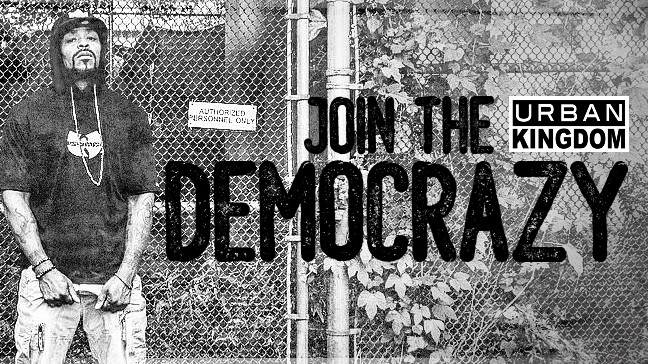 THE FOLLOWING INTERVIEW IS COPYRIGHTED TO URBAN KINGDOM ®. UNAUTHORISED USAGE IS NOT PERMITTED.
THE FOLLOWING INTERVIEW IS COPYRIGHTED TO URBAN KINGDOM ®. UNAUTHORISED USAGE IS NOT PERMITTED.
